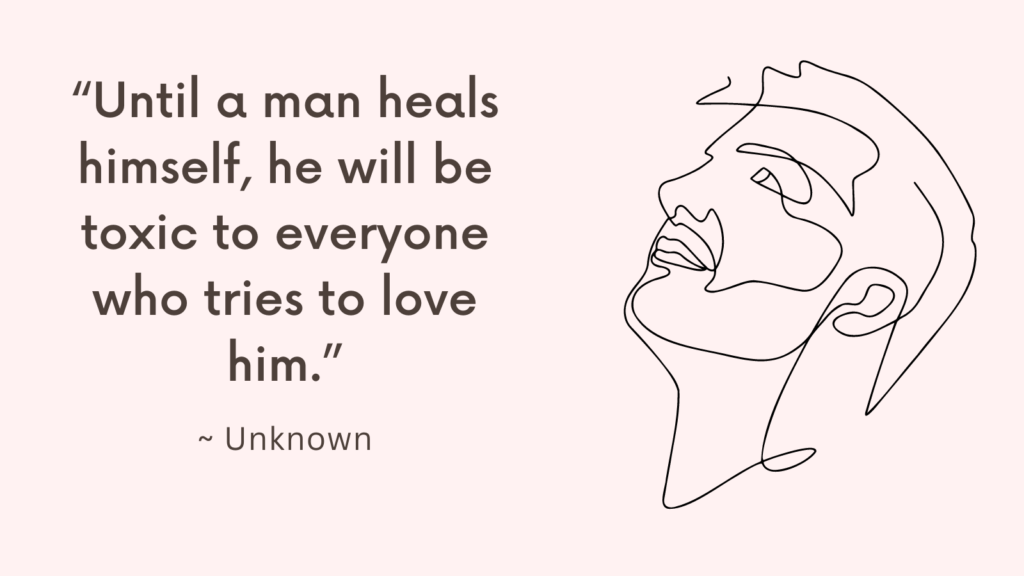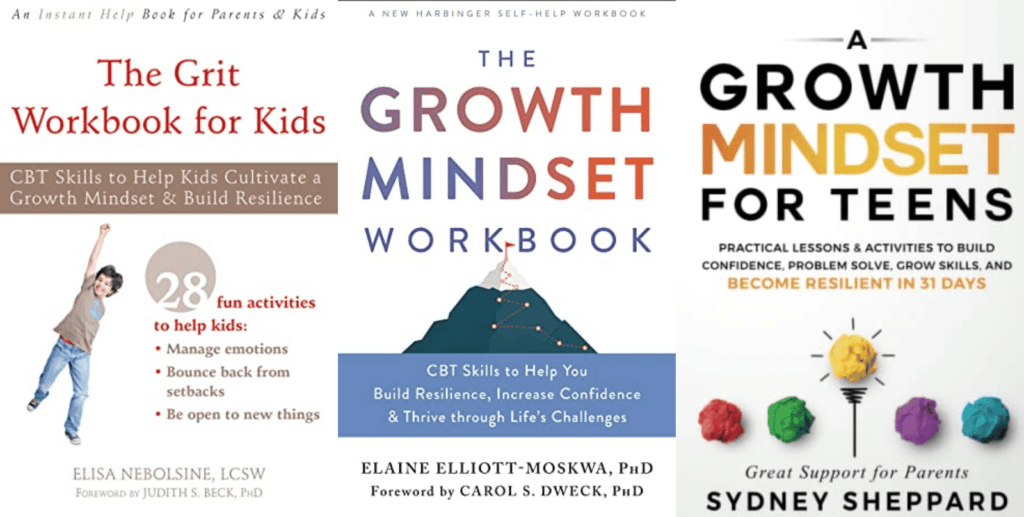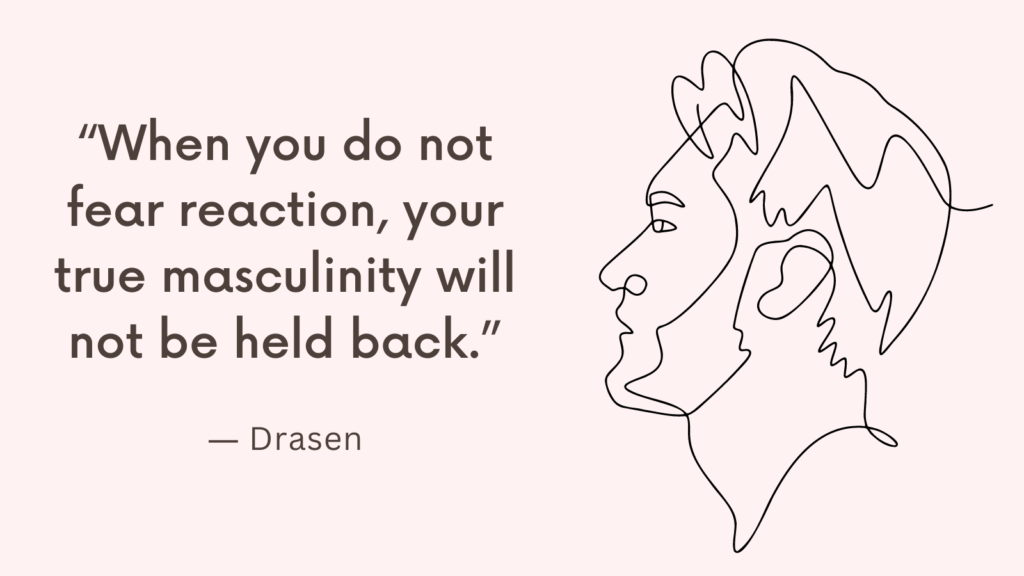In this post, you’re going to learn all about wounded masculine energy – its signs, causes, and ways to heal.
What Is Wounded Masculine Energy?
Wounded masculine energy refers to the negative aspects of masculinity that arise from past hurts, traumas, or societal conditioning.
This wounded energy can manifest in different ways depending on the individual, but commonly includes aggression, dominance, and a need for control.
Men who carry wounded masculine energy may struggle with expressing vulnerability or emotions, and instead may feel pressure to constantly project strength and power.
This can cause them to be overly competitive, dismissive of others’ feelings, and resistant to change or growth.
Wounded masculine energy can also potentially harm relationships, as it often involves a lack of empathy or willingness to collaborate with others.
In order to heal from wounded masculine energy, individuals must first recognize the patterns within themselves and be willing to explore the root causes behind their behaviors.
Related: Divine Masculine Energy – What Is It & How To Tap Into It?
Signs of Wounded Masculine Energy
Here are some signs of wounded masculine energy:
1. Obsession with control and power: The person may feel the need to constantly exert dominance over others or situations, and may have a hard time relinquishing control.
2. Inability to express vulnerability or emotions: The person may struggle with showing vulnerability or admitting to feeling emotional pain.
3. Aggressive behavior: The person may act out aggressively towards others as a means of controlling them or asserting dominance.
4. Avoidance of intimacy: The person may have a fear of intimacy due to past traumas, and may struggle to form deep connections with others.
5. Lack of empathy: The person may struggle to empathize with others, prioritizing their own needs over those of others.
6. Resistance to change: The person may resist change and growth, preferring to stay within their comfort zone rather than taking risks and exploring new possibilities.
It’s important to note that everyone can exhibit some of these behaviors from time to time, but if they become chronic patterns or cause harm to oneself or others, it’s a sign that deeper healing work may be needed.
Related: Best 21 Hobbies For Introverts (+FREE PDF Download)
Causes of Wounded Masculine Energy
There are several causes of wounded masculine energy. Here are some of them:
1. Cultural conditioning: Men are often socialized to be strong, unemotional, and dominant, which can lead to a disconnection from their emotions and sense of self. This cultural conditioning can create pressure for men to conform to certain expectations, leading to a disconnect from their true selves.
2. Trauma: Traumatic experiences, such as abuse, neglect, or abandonment, can cause deep emotional scars and create a sense of powerlessness.
3. Childhood experiences: Experiences during childhood, such as a lack of emotional support from parents or experiencing bullying, can also contribute to the development of wounded masculine energy.
4. Societal expectations: The pressure to succeed and conform to societal expectations of success can create a sense of inadequacy in some men, leading to heightened feelings of insecurity and a need to prove themselves.
5. Interpersonal relationships: Unhealthy or abusive relationships with others can cause damage to one’s sense of self-worth and personal power.
6. Lack of positive male role models: Growing up without positive male role models can contribute to a lack of healthy masculine models and lead to difficulties in forming healthy relationships.
It’s important to recognize that wounded masculine energy is not solely a male issue and can affect people of all genders.
Understanding the root causes of wounded masculine energy can help individuals work towards healing and developing healthier relationships with themselves and others.
How to Heal Wounded Masculine Energy?
Healing wounded masculine energy can be a journey, and it requires both self-awareness and a commitment to personal growth.
Here are some steps that can help in the healing process:
#1. Cultivate Self-Awareness
Healing wounded masculine energy starts with cultivating self-awareness.
This means taking a deep and honest look at your thoughts, emotions, and behaviors.
It involves acknowledging the ways in which past experiences and societal expectations have shaped your beliefs about masculinity and influenced your actions.
You can start by journaling, practicing mindfulness, or seeking therapy or coaching to help you gain a better understanding of yourself.
Through this process, you can identify where your wounded masculine energy may be coming from and start to develop a new perspective on what it means to be a man.
By becoming more conscious of your emotions and how they affect your behavior, you can begin to make positive changes towards a healthier expression of your masculine energy.
Related: What An Introvert Uses To Recharge?
#2. Connect with Emotions
For many men, expressing their emotions is not encouraged or even seen as a sign of weakness.
However, suppressing emotions can lead to emotional numbness and a disconnection from yourself and others.
It’s important to allow yourself to feel the full range of emotions, including vulnerability, sadness, and fear.
This can be done through journaling, talking to a trusted friend, or seeking therapy.
By embracing your emotions, you can begin to understand and accept yourself on a deeper level, leading to greater self-confidence and stronger relationships.
Additionally, by connecting with your emotions, you can learn to respond to challenging situations in a way that aligns with your true self and values, rather than relying on outdated societal expectations of masculinity.
#3. Seek Support
Men are often conditioned to be self-sufficient and to solve problems on their own, but this can lead to isolation and a lack of connection with others.
It’s important to reach out to friends, family members, or a therapist for support and guidance.
Talking through your experiences and feelings with someone you trust can help you gain perspective and find new ways to cope with challenges.
Additionally, joining a men’s group or seeking out a mentor can provide a sense of community and belonging, as well as opportunities for personal growth and development.
Remember that asking for help is a sign of strength, not weakness, and that there’s no shame in needing support in your healing journey.
Embracing vulnerability and connection can ultimately lead to greater fulfillment and a more balanced, healthy sense of masculinity.
Related: Best 10 Positive Affirmation Books
#4. Practice Forgiveness
Holding onto resentment and anger can weigh you down emotionally, mentally, and even physically.
It’s understandable to feel hurt or betrayed if you’ve experienced trauma or mistreatment, but holding onto those feelings only perpetuates the cycle of pain.
Forgiveness doesn’t mean forgetting or excusing harmful behavior, but rather releasing the negative emotions that are associated with it.
This frees up space for positive emotions such as compassion, empathy, and understanding.
Forgiveness can also help break the cycle of toxic masculinity, as it promotes emotional intelligence and healthy communication.
Remember that forgiveness is a process, and it may take time.
Be patient with yourself and focus on cultivating self-compassion and kindness. Ultimately, practicing forgiveness can lead to greater peace, happiness, and well-being.
#5. Redefine Masculinity
Redefining masculinity is a crucial step in healing wounded masculine energy.
This involves questioning and challenging traditional societal norms and expectations of what it means to be a man.
Rather than embodying traits such as aggression, dominance, and emotional suppression, redefining masculinity means cultivating qualities such as vulnerability, empathy, and emotional intelligence.
This can involve engaging in activities that challenge gender stereotypes, such as cooking or caring for children, and reframing language around traditional gender roles.
Related: Best 12 Growth Mindset Books
Conclusion
Wounded masculine energy can manifest as aggression, control, or disconnection in relationships, and can also lead to self-destructive behaviors such as addiction or isolation.
Healing wounded masculine energy requires a significant investment of time and effort, as it involves self-awareness, emotional vulnerability, and a willingness to change.
Remember, healing is a personal journey, and there is no one-size-fits-all approach.
Be patient, compassionate, and committed to the process.
With time and effort, healing wounded masculine energy is possible, and it can lead to greater emotional well-being, healthier relationships, and a more fulfilling life.




